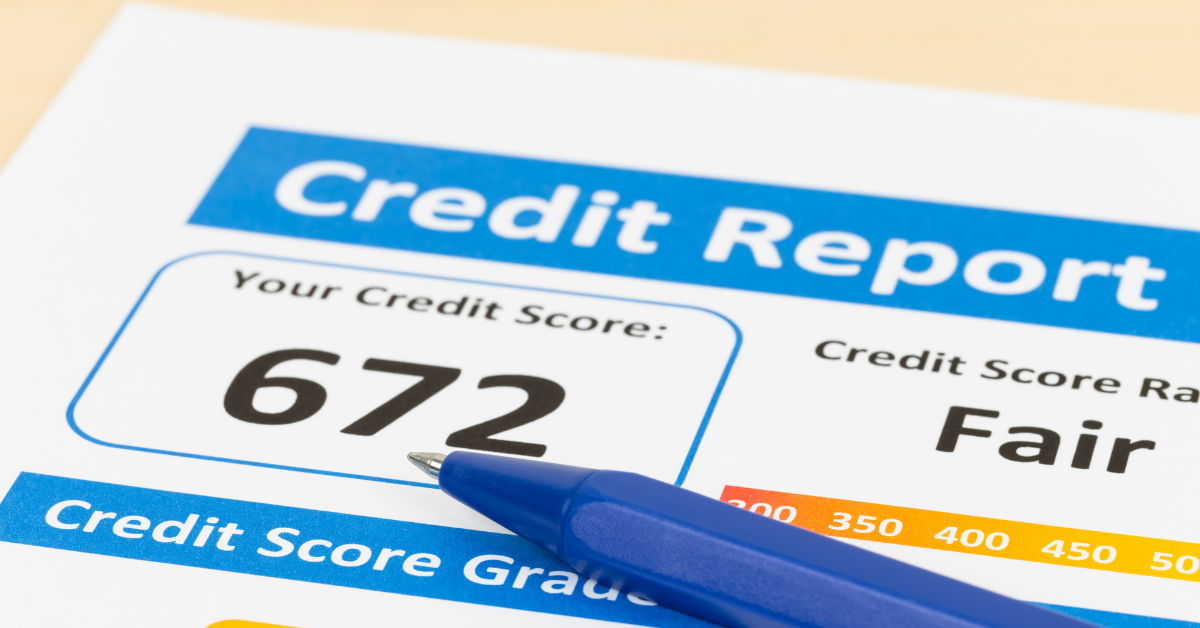For individuals struggling with past credit card debt, a common question revolves around when that debt will no longer affect their credit history. In this article, we’ll explore the concept of when credit card debt “falls off” your credit report and the factors that influence this crucial timeline.
Credit Reporting Period
Credit card debt, like other credit-related information, is subject to a specific reporting period on your credit report. The credit reporting period is the duration during which a debt or credit account’s information remains on your credit report. The key elements to consider are:
- Late Payments: Late payments and missed payments, which contribute to credit card debt, typically remain on your credit report for seven years from the date of the first delinquency. This negative information can significantly impact your credit score.
- Charge-Off: When credit card debt reaches a charge-off status, which usually happens after about 180 days of delinquency, the charge-off itself remains on your credit report for seven years from the date of the first delinquency. The associated debt may also continue to be reported.
- Collections: If your credit card debt is sent to a collections agency, this action is reported separately from the original debt. Collection accounts generally stay on your credit report for seven years from the date of the first delinquency on the original account.
- Closed Accounts: Closed credit card accounts with positive payment history can have a positive impact on your credit report and may remain for up to ten years, depending on the credit reporting agency’s policy.
Factors Influencing the Timeline
While the standard reporting period for credit card debt is seven years, several factors can influence when specific information falls off your credit report:
- State Laws: Some states have their own statute of limitations for debt, which can affect how long negative information remains on your credit report.
- Credit Reporting Agencies: Different credit reporting agencies may have variations in their reporting periods and policies, so it’s advisable to check with each agency for precise details.
- Account Status Changes: If there are changes in the status of your debt, such as a settlement, agreement, or a new collection account, these changes may reset the reporting period.
- Payment and Settlement Negotiations: Successfully negotiating with your creditors or debt collectors for a settlement or pay-for-delete agreement can lead to the removal of specific negative information from your credit report before the standard seven-year period.
Improving Your Credit
While waiting for credit card debt to fall off your credit report, there are steps you can take to improve your credit:
- Make on-time payments for your current credit accounts.
- Maintain a low credit utilization rate (credit card balance relative to credit limit).
- Monitor your credit report for inaccuracies and dispute any errors.
- Seek financial counseling or credit repair services if necessary.
Conclusion
Credit card debt, along with related information, has a specific timeline for falling off your credit report. Understanding this timeline and the factors influencing it is essential for managing your financial future. While you wait for negative information to be removed, taking proactive steps to improve your credit can help you build a stronger financial foundation.

